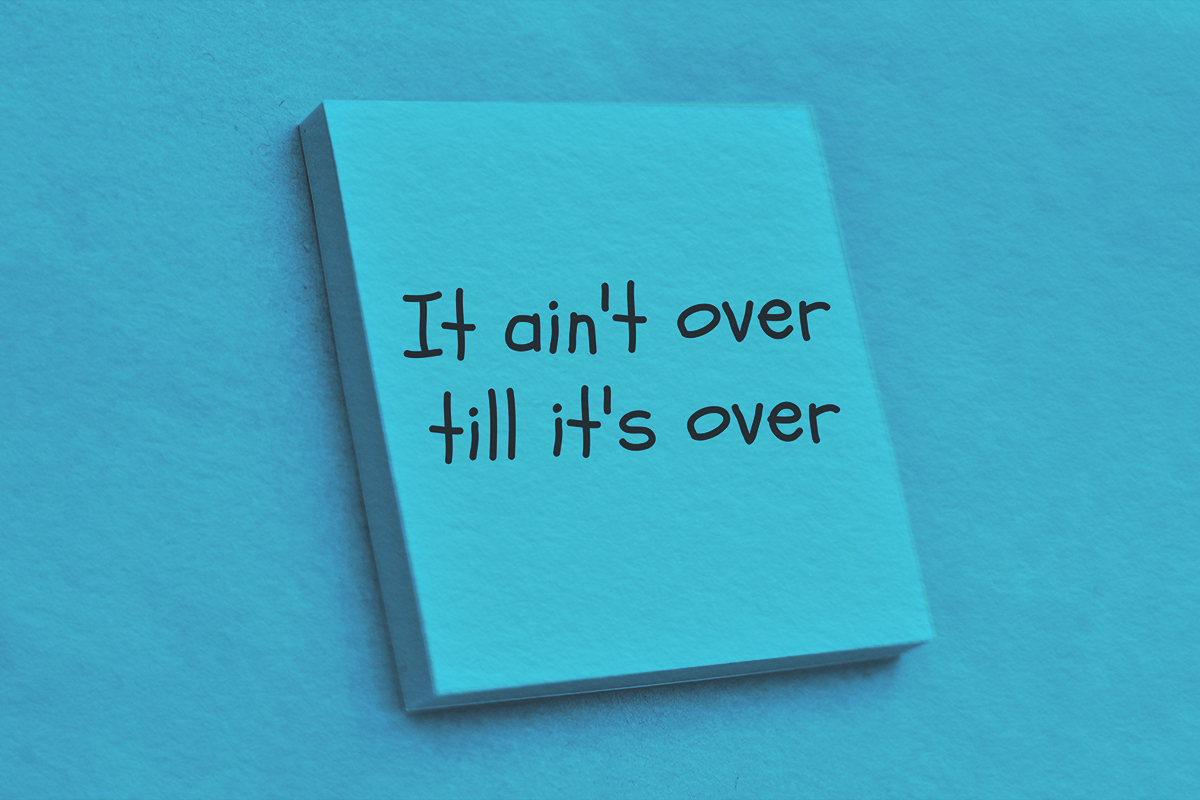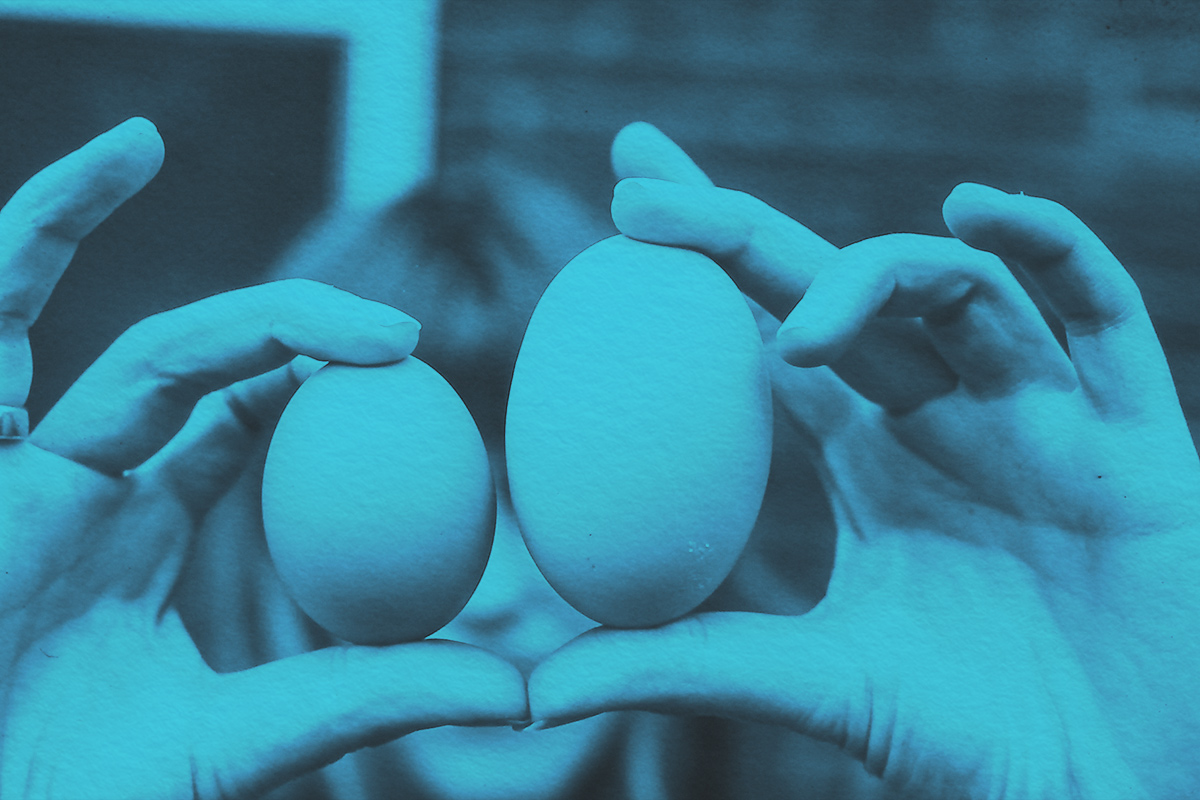
Who could forget the famous words of Don Vito Corleone in The Godfather: “I’m gonna make him an offer he can’t refuse”? This line — one of the most memorable in cinematic history — expertly encapsulates his intentions in a casual yet pointed remark. But it might capture the attention of grammarians for another reason: The deliberate use of “gonna” rather than “going to” helps the line land smoothly, and amplifies its impact. “Gonna” can do the same for your everyday conversations — even the dictionary says so.
While many slang terms will never make it into formal lexicons, “gonna” has earned its place in the hallowed pages of the Oxford English Dictionary as a variation of the etymon (a fancy way of saying “original version”) “going to.” Similarly, Merriam-Webster recognizes “gonna” as an informal pronunciation and spelling contraction for “going to.” While it may seem like a modern invention, “gonna” is nothing new.
The phonetic simplicity of “gonna” has ensured its longevity and spread across continents. An early recorded usage dates to an 1806 collection of poems by Scottish writer Alexander Douglas: “Now, Willie lad, I’m ganna gie You twa or three directions.” This Scottish dialect was the likely genesis of the contraction, which later crossed the Atlantic Ocean and spread throughout New England. By the late 19th century, spelling variations included “gaunna” and “goin’ a”; “gonna” finally emerged in a 1904 Daily Times article in Watertown, New York.
Today, “gonna” is so ingrained in conversational American English that it’s almost the de facto pronunciation of “going to.” But this use of informal contractions isn’t an isolated occurrence. Similar terms — including “wanna” (short for “want to”), “gotta” (“got to”), and “kinda” (“kind of”) — also emerged during the 19th century, marking a shift in preference toward contractions in casual conversation.
Although “gonna” isn’t gonna fly in academic writing or business communications, it’s perfectly acceptable in relaxed settings. It keeps the conversation flowing without sounding too stiff — whether you’re delivering the lines of a mobster in a Hollywood film or chatting over a cup of coffee with a friend.






















